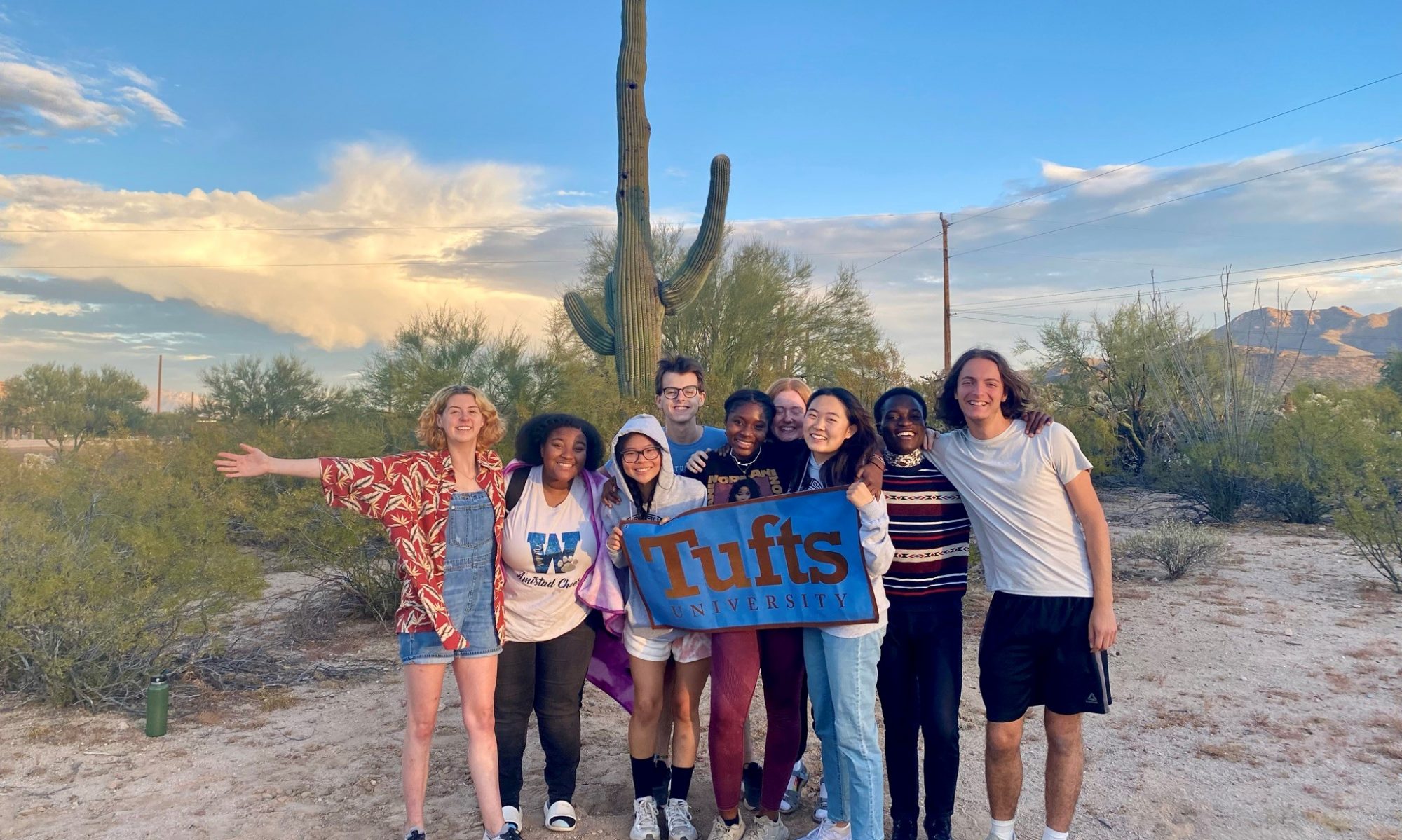by Rebecca, Tufts 1+4 Participant
As I sprinted up to the office, I looked down at my phone…9:01. Damn. It was day 2 and I was already late. For as long as I can remember, the value of punctuality has been drilled into my consciousness. “5 minutes early is 10 minutes late” a YMCA director once told me. “Punctuality is the ultimate demonstration of respect for people you interact with,” said one teacher. “Don’t be late, it’s annoying” said my manager at Starbucks. I knew what those 60 seconds represented and I couldn’t help but feel a sense of defeat. And as I took those last steps up, the receptionist casually said “Carin ainda não está aqui.” All that stress and my boss isn’t even here?? I walked over to her office, set down my bag, and took a seat. 5 minutes passed. 10 minutes dragged on into 20. Then 30. 45. Eventually, Carin showed up. As soon as she arrived, she headed to the kitchen for café de manhã, the ultimate culmination of Brazilian culture: coffee and chat. I had arrived, heart pounding, at 9:01. It was nearly 10:30 before we got to work. This fluid view of time was not a one-time occurrence, but rather the norm. We were told in orientation to expect this. However, I’m fresh off a stressful high school workload demanding a well-scheduled plan of attack and a job for which producing less than 9 fancy coffee drinks in 5 minutes is unacceptable. A bullet point on an orientation PowerPoint could not adequately prepare me for this transition.
Initially, I judged this cultural norm quite consciously. The habit seemed so clearly inefficient and impractical; what’s the use in sitting around waiting when there’s work to be done. I thought that with patience and deliberate action I could change the way my boss viewed my time…and her own. I saw every coffee break (and there are many of them, often several times a day), long walks to communicate face to face what could’ve been said in a text, every moment spent chatting as lost, time that could’ve been spent planting a few more seedlings, sweeping a few more trails, planning a few more projects. In viewing these periods, I saw only what wasn’t being accomplished.
As time goes on, I’m beginning to understand more tangibly what it means to assimilate into a culture without judgment. Coffee breaks are a chance to learn more about my colleagues, and through that, the culture and language which is my whole reason for being here. Long walks through the park are an opportunity to appreciate the amazing scenery, learn the trails of the park, and take in the crocodiles, turtles, monkeys, and more which surround me every day, but go unappreciated from the concrete walls of the office.
This has given me cause for pause, an opportunity to reflect on the United States’ addiction with production and work. We get so absorbed in the completion of tasks that we lose sight of our reasons for doing them. I like clarity and discrete concepts of good and bad, but comparative cultural analysis is anything but. I’m learning there’s value in staying actively engaged with one’s colleagues and surroundings, even at the expense of time. The people I work with know far more about each other than any workplace I know of in the US. As such, they have a greater appreciation for one another and I would venture, have fewer workplace disputes because of this. I recognize all of this, I appreciate it, and I’m learning about myself and my own paradigms. However, the pursuit of cultural sensitivity and awareness does not have to mean a complete rejection of the culture in which I was socialized. I spoke with my boss about this experience. Initially, she was taken aback; ‘uma máquina de trabalho’ she called me, a work machine. But with time and patience on both sides, we’re finding a balance, implementing strategies sensitive to both parties. For instance, my schedule’s been shifted so that I now arrive at work at 9:30, increasing the likelihood that my boss will have arrived by the time that I do. And I do arrive at 9:30. But I also join my colleagues for their many coffee breaks, relish our long walks through the park, take in all that I can in spare moments. Time can never truly be lost if every moment is a chance for learning and enrichment. After all, there’s no use in planting roses if you don’t stop to smell them.

